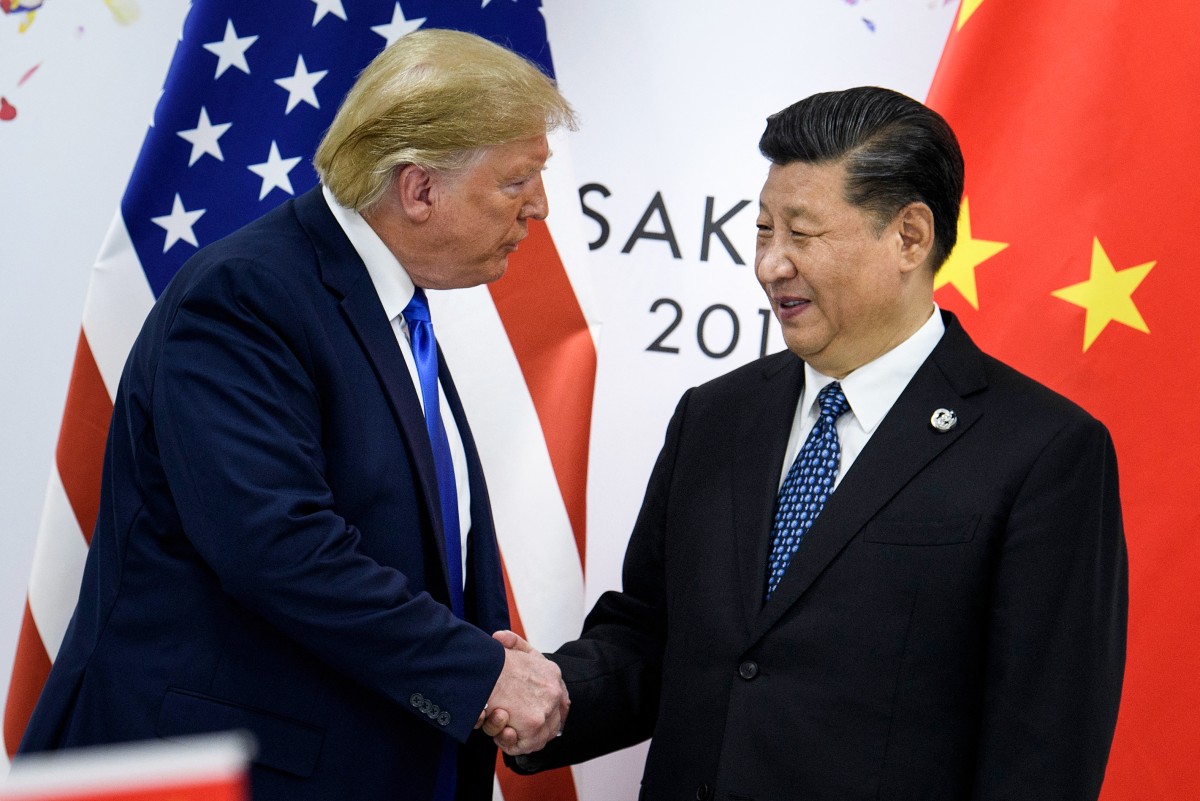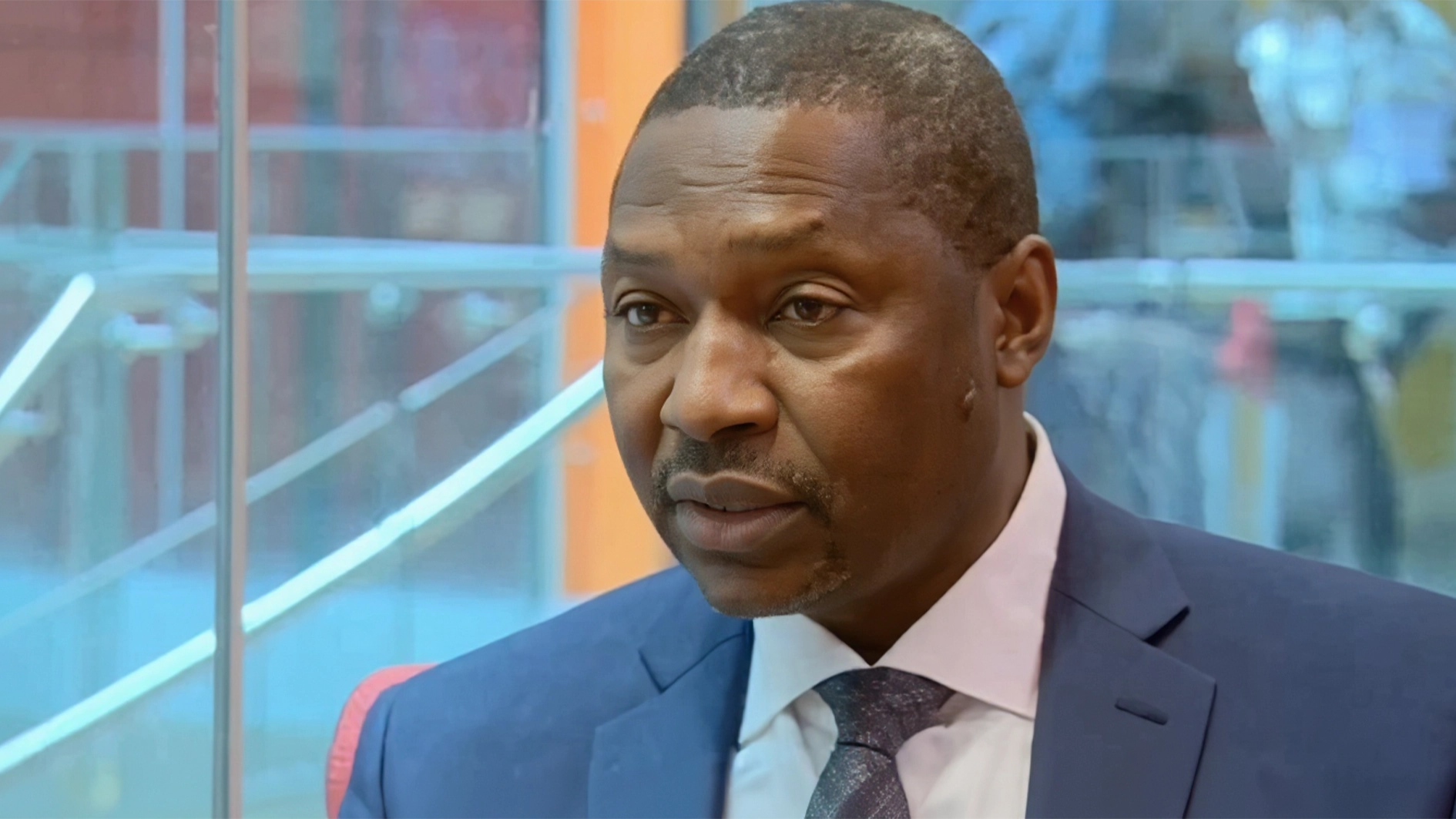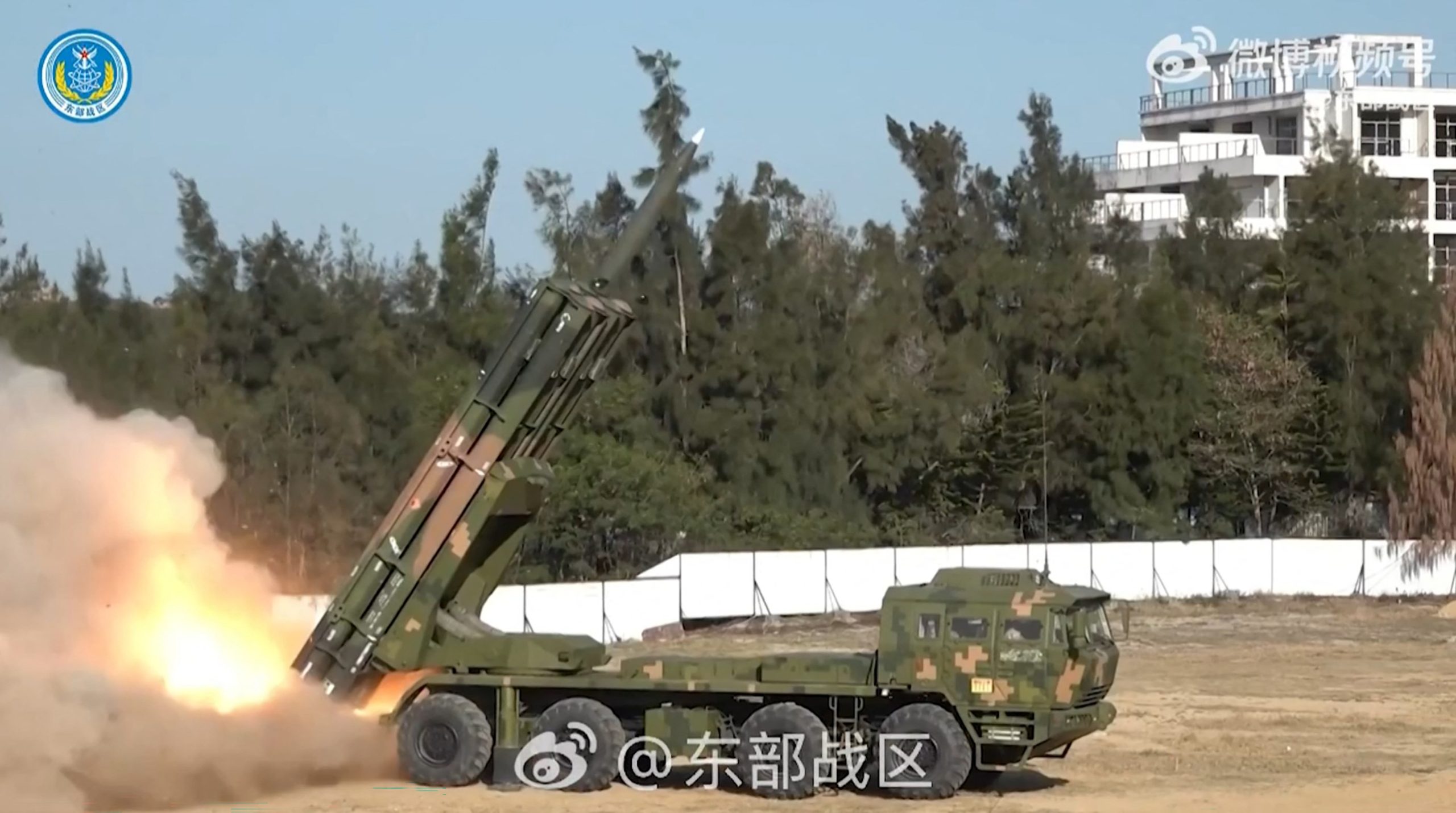• PDP faults Presidency’s single-digit inflation pledge
Chief Executive Officer (CEO), Centre for the Promotion of Private Enterprise (CPPE), Dr Muda Yusuf, has noted that while Nigeria’s headline inflation rate continued its downward trend for the fifth consecutive month, reaching 20.12 per cent in August 2025, the main contributors to inflation in August remained largely unchanged.
In a policy brief made available to The Guardian yesterday, he listed food and alcoholic beverages, restaurants and accommodation services, as well as transport and high energy costs, as key drivers of inflation in the country. He said they remain the key drivers fuelling inflation.
According to recent data from the National Bureau of Statistics (NBS), food inflation moderated to 21.87 per cent from 22.74 per cent in July, while core inflation (excluding food and energy) declined to 20.33 per cent from 21.33 per cent.
However, the opposition Peoples Democratic Party (PDP) has punctured the Presidency’s confidence that Nigeria’s inflation rate will soon fall to a single digit, to improve living conditions for citizens.
The 20.12 per cent recorded in August represents a notable 1.76 percentage point decline from July’s 21.88 per cent. Month-on-month inflation also slowed sharply, with prices rising by just 0.74 per cent in August compared to 1.99 per cent in July.
According to Yusuf, this sustained moderation in inflation suggests that Nigeria is gradually regaining macroeconomic stability. Further noting that business confidence has improved, he said the NESG-Stanbic IBTC Business Confidence Monitor posted six consecutive months of positive readings in 2025.
“However, consumer confidence remains fragile due to persistently high food prices and weak purchasing power. Despite this, consumer pessimism is gradually easing, suggesting that households are beginning to adjust their expectations as inflation slows.
“Several factors have contributed to the continued deceleration in inflation, including base effects from the unusually high inflation rates recorded in 2024, FX stabilisation and improved agricultural production from sub-national government interventions, which have helped boost food supply and contain price spikes,” he said.
To consolidate and build on these gains, he urged a coherent mix of fiscal, monetary and structural reforms. These include maintaining macroeconomic stability by stabilising the exchange rate and deepening fiscal consolidation, addressing structural bottlenecks by collaborating with state governments to remove productivity constraints and investing in infrastructure, logistics and security.
Meanwhile, the Special Adviser to the President on Economic Matters, Tope Fasua, while featuring on Channels Television’s ‘The Morning Brief’, noted that the decline in inflation had already begun to affect food prices in the markets.
Responding to former Vice President Atiku Abubakar’s recent criticism that Nigerians were dying of hunger, Fasua dismissed the remark as political.
“Atiku merely made a political statement which is expected at this time, because he’s trying to see how he can wangle himself back into the presidency, and I don’t comment on political things.
“He doesn’t have to commend the present government for the achievement, but the rest of us just need to stick with the black and white.”
A 20.12 inflation is still large in many quarters because what it says is that prices are still increasing in some quarters, but not as they used to be. It is rebasing. The rebasing came in about six years after it ought to have been done. Our concern should be that our statistics and data should be much more on point and frequent,” he sent
However, the PDP Deputy National Youth Leader, Timothy Osadolor, told newsmen in Abuja, yesterday, that Fasua’s position was unrealistic and misleading, given Nigeria’s economic realities.
He insisted there was no pathway to reducing inflation without addressing fundamental issues such as unreliable power supply, mass unemployment, and the volatile exchange rate.
According to Osadolor, the APC administration has failed to create the basic conditions needed for growth and stability. He argued that without steady power to run industries, jobs to reduce poverty, and a stable naira to boost investor confidence, any talk of single-digit inflation was nothing more than empty political propaganda.






